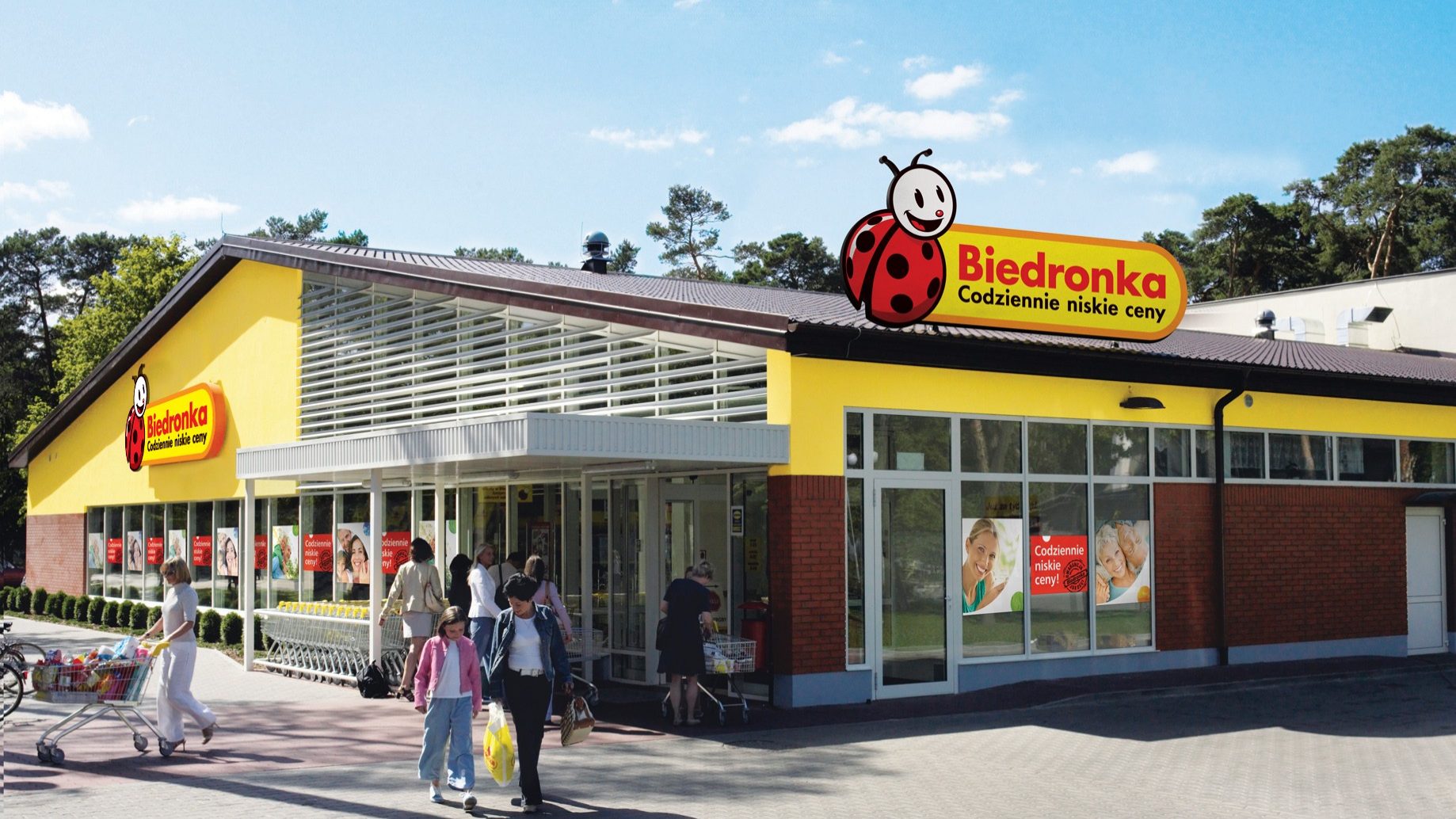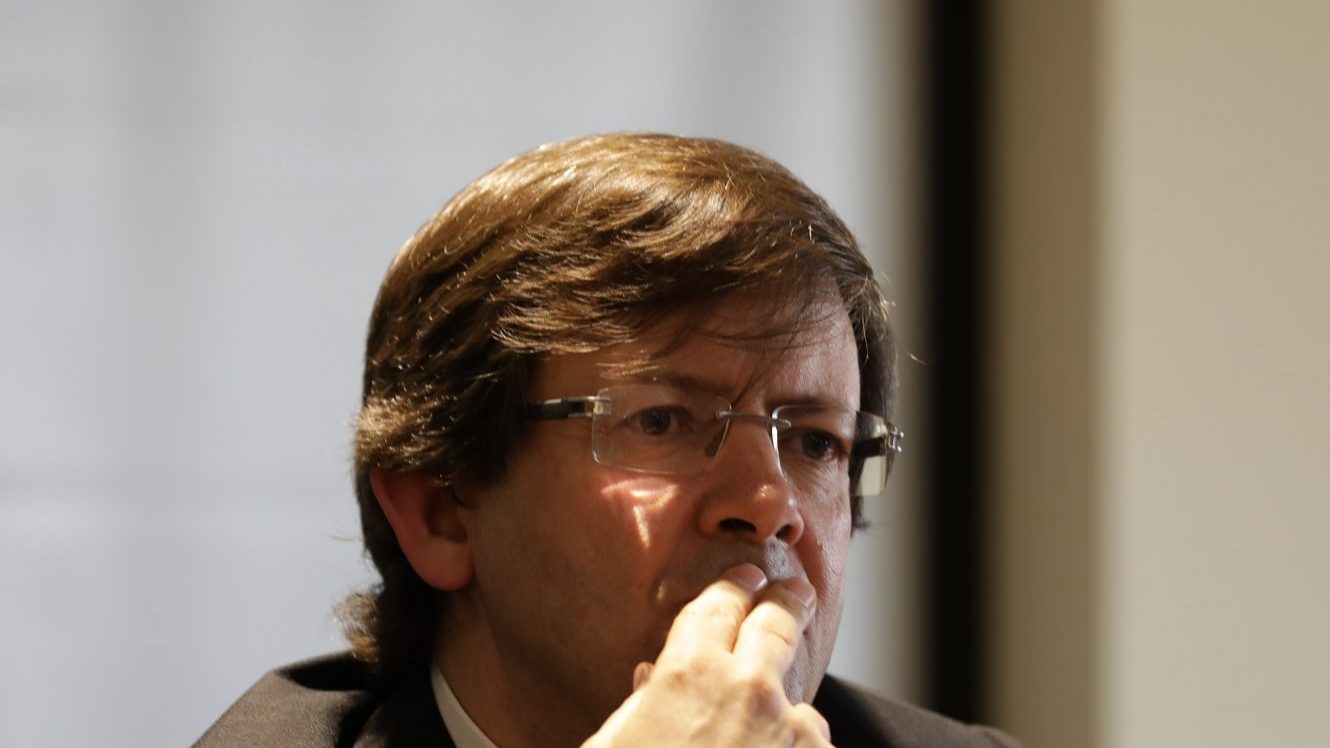Jerónimo Martins to contest fine of €91M in supermarket cartel case
Jerónimo Martins announced that it will "challenge in court" the decision of the Competition Authority (AdC) to fine it 91 million euros for cartel pricing.
Jerónimo Martins, owner of the Pingo Doce supermarket chain, informed that it will “challenge in court” the decision of the Competition Authority (AdC) to fine it 91 million euros for cartel pricing.
“Pingo Doce will judicially challenge those decisions and use all means at its disposal to defend its reputation and restore the truth of the facts”, can be read in a statement from Jerónimo Martins sent on Monday to the Securities Market Commission (CMVM).
The owner of Pingo Doce states that she “completely disagres with the decisions, which she considers totally unfounded and deeply undeserved in the light of the consistent work she carries out to bring the best prices and promotions to Portuguese consumers every day”.
The AdC decided on Monday to impose a fine of €304 million on six supermarket chains, two beverage suppliers and two individuals responsible for indirectly colluding on sales prices, a practice which is harmful to consumers”, reads the press release.
According to a statement issued by the company chaired by Margarida Matos Rosa, the highest fine of €121.9 million was imposed on Modelo Continente, followed by Pingo Doce (€91million), the supplier Sociedade Central de Cervejas (SCC,€29.5 million), Auchan (€22.3 million), Intermarché (€19.4 million), Lidl (€10.6 million), the supplier Primedrinks (€7 million) and Cooplecnorte (E. Leclerc, €2 million).
Besides the entities, a director of Central de Cervejas was also fined 16 thousand euros and a business unit director of Modelo Continente, 2 thousand euros.
The amount of the fines is determined “by the volume of sales of the targeted companies in the affected markets in the years of the practice” and may not “exceed 10% of the company’s turnover in the year preceding the sanctioning decision”.
According to the AdC, the sanctioned practice “has, in competition terminology, the designation of hub-and-spoke”, and consists of a practice whereby “distributors use the contacts they have with the common supplier to ensure, through the latter, that they all practice the same retail price (PVP), ensuring a general rise in PVP and avoiding direct contacts between them, as is usually the case in a cartel”.
In a first case, the AdC condemned a price combination between Modelo Continente, Pingo Doce, Auchan and Intermarché and Central de Cervejas, as well as the two administrators.
In the first case, according to AdC, the practices lasted “more than nine years – between 2008 and 2017” for prices of Central de Cervejas’ products such as “Sagres and Heineken beers, but also Bandida do Pomar and Água do Luso, including to raise them gradually and progressively in the retail market”.
The market regulator “imposed an immediate end to the practice, as it cannot be excluded that the investigated behaviour is still ongoing,” according to the statement.
According to the AdC, these are “the first convictions in Portugal for a concerted practice of indirect fixing between distribution companies through coordination by suppliers,” and were carried out as part of investigations that began in 2017.
According to the AdC, in March 2019 notes of illegality were adopted, “and those affected were given the opportunity to exercise their right to be heard and defended, which was duly assessed and considered in the final decision.


